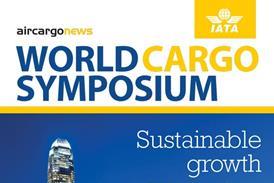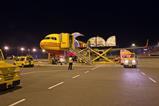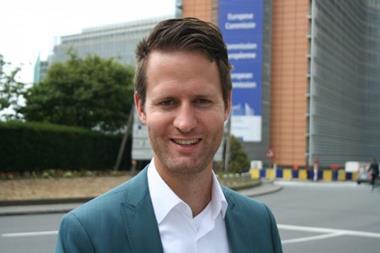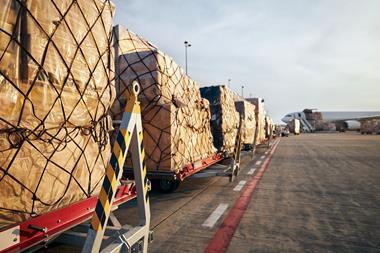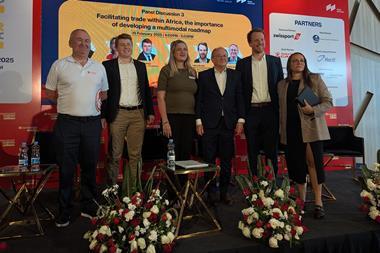The Dutch air cargo sector along with leading airlines, airports and aviation groups have hit out at new Dutch government plans to limit CO2 emissions from flying saying there are better alternatives.
Air Cargo Netherlands (ACN) along with airlines, airports and a range of aviation groups have written to the Dutch government to warn that plans to introduce a national CO2 ceiling will fail to reduce emissions while putting the Dutch airline industry at a disadvantage.
One of the main complaints against the proposal is that the Dutch government would only be able to act only against companies that have a Dutch Air Operator Certificate, putting them at a disadvantage to foreign airlines that could "simply ignore fines and penalty payments".
The groups also worry that even if the government were able to force the foreign airlines to face penalties, there would also be a risk of reciprocity measures taken by others against Dutch companies, such as by no longer allowing them access to airspace or airports.
They also point out that The Netherlands Environmental Assessment Agency has previously said that a national CO2 ceiling would lead to "significant carbon leakage effects" to other European airports.
This means that the proposals wouldn't reduce flights and emissions at a European level, the flights would just move away from the Netherlands to other countries.
The letter also states that the proposal is also at odds with the European Fit-for-55 package - a set of proposals to revise and update European Union legislation and to put in place new initiatives with the aim of ensuring that EU policies are in line with climate goals.
The groups say they are in favour of the Fit-for-55 package as it includes measures such as a blending obligation for sustainable fuels and a tightening of the European Union Emissions Trading Scheme (ETS).
"With the ETS, aviation emissions are increasingly priced and de facto already set a ceiling on emissions," the letter said.
Adding legislation at a country level could therefore undermine these European efforts.
There are also concerns about the legal feasibility of the proposal.
"The Dutch aviation sector is certainly not against making aviation more sustainable," Air Cargo Netherlands said. "We are working hard to achieve net zero emissions for all flights departing from Europe by 2050. The urgency of sustainability is widely shared and substantial investments are being made."
The letter stated: "The Dutch aviation sector is not against sustainability and is working hard to achieve net zero emissions for all of Europe by 2050.
"To get there, government, manufacturing industry, sector and knowledge institutions must work together, so that policy, innovation and investments go hand in hand.
"The national CO2 ceiling now proposed does not contribute to this, leads to carbon leakage effects, is at odds with the European Fit-for-55 package and there are major concerns about legal feasibility and enforceability. "
The letter is signed by: Schiphol, Eindhoven Airport, Groningen Airport, Lelystadt Airport, Maastricht Achen Airport, Rotterdam The Hague Airport, NVL, ACN, Tui, Easyjet, KLM, Corendon, Transavia and Barin.
The dispute comes as the Dutch aviation sector faces several challenges.
Earlier this week, Royal Schiphol Group announced chief operating officer Hanne Buis will exit the job on February 1 due to a “difference of opinion” over the “operational management” of the airport.
Since 2021, Amsterdam Airport Schiphol’s plans to increase prices have been met with fierce opposition from the industry.
The Dutch government has also announced plans to reduce the number of flights from Schiphol from November as part of efforts to reduce noise and environmental pollution.
Then last year, the airport twice asked airlines to cut flight numbers after being hit by staff shortages.
In September 2022, then Schiphol Airport chief executive Dick Benschop resigned from the role, stating he had faced “criticism” over the disruption at the Dutch hub.
The airport also recently appointed Joost van Doesburg as head of cargo after years of the role being shared with other responsibilities.





